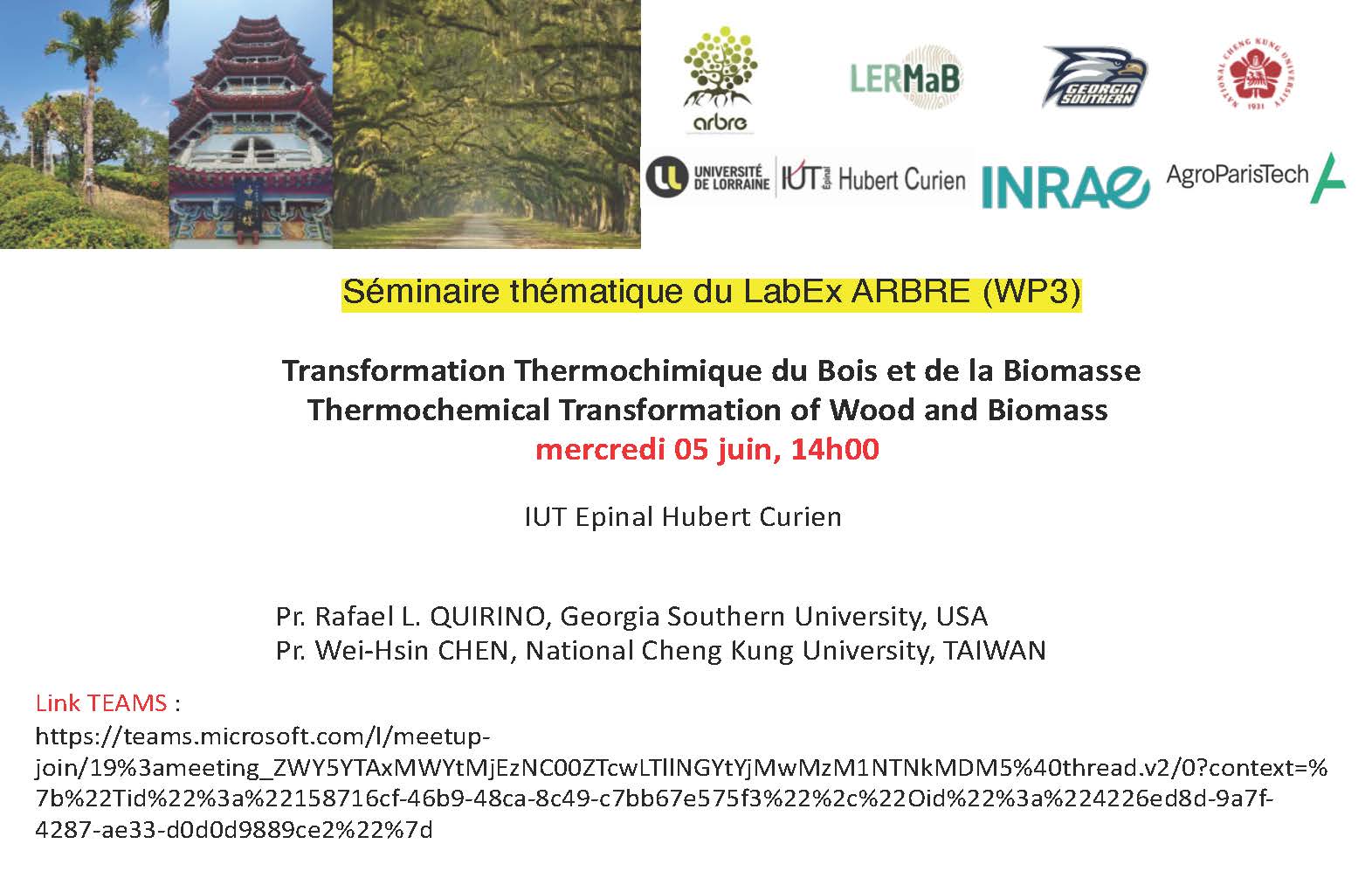Soutenu par le LabEx ARBRE, le 15ème Séminaire Forêts, Climat et Société accueillera Pava Savicevic, Jelica Gazdic et Filip Vujovic – trois jeunes chercheurs de l’Agence de protection de l’environnement du Monténégro, qui seront en visite dans l’hexagone à l’initiative de l’Ambassade de France au Monténégro. Leur intervention conjointe portera sur le sujet :
« Agence de protection de l’environnement du Monténégro : le monitoring et la préservation des forêts ».
Le séminaire aura lieu le 13 décembre 2023, à 14h, dans la salle Jacamon 1 (AgroParisTech – Nancy).
Résumé:
Environmental Protection Agency of Montenegro (EPA) was formed in 2008, as a governmental agency, currently under the Ministry of Tourism, Ecology, Sustainable Development and Northern Region Development. EPA is working, but not limited, on: monitoring of the environment, preparation of reports and assessments, issuing permits, communication with relevant international and national organizations and the public, followed by other matters established by the Law on the Environment and special regulations. Even though the size of our country might not suggest, both bio and geo diversity are admirable. This was the greatest motivation for Parliament of Republic of Montenegro to assemble the declaration of ecological state in 1991. What was, without a doubt, a brave step in the right direction, couldn’t stop the rising challenges in environmental protection and sustainable development, which increased together with consumerist culture and globalization. Here, we are focusing on the forest management and preservation challenges Montenegro is currently facing. Forest disturbance analyses were done for 2 characteristic areas: Opasanica – river valley in central Montenegro, known for intense logging activity, and Prokletije – NP in the eastern Montenegro, where forests are protected depending on the zone of the park. Disturbance areas are detected by analysing remote sensing images, more precisely Landsat 8 imagery. By setting the multidimensional raster, a series of images taken for same location, but different time, were prepared for change detection with the use of LandTrend algorithm (ArcGIS Image Analysis Extension). As an outcome, maps of abrupt forest disruption for the 2 areas were created. They later served for: in the case of Opasanica comparison with legal logging activity for the same years, by which it’s possible to get the illegal logging activity reach and locations; and for recognizing the bark beetle reach for Prokletije NP (in combination with field work), which also can help in future in establishment of bark beetle defence action plan, its implementation and monitoring. These analyses show the importance of use of modern technologies in governmental agencies, in this case for forest monitoring and protection, and the power of GIS for environmental monitoring and protection in general.
Pour celles et ceux qui ne pourront pas assister en présentiel, vous pourrez le faire à distance en vous inscrivant au lien suivant :
https://inrae-fr.zoom.us/webinar/register/WN_xFQXahXIRpiPLhx4cpAAfA#/registration
Equipe d’organisation :
Nikola Besic (LIF, ENSG/IGN) – nikola.besic@ign.fr
Esther Devilliers (UMR Beta, INRAe) – esther.devilliers@inrae.fr
Julien Sainte-Marie (UMR Silva, AgroParisTech) – julien.sainte-marie@agroparistech.fr
Retrouvez nos précédents séminaires sur Youtube:https://www.youtube.com/channel/UCI8mDTpK0A6Jn_66kbkgPbA



